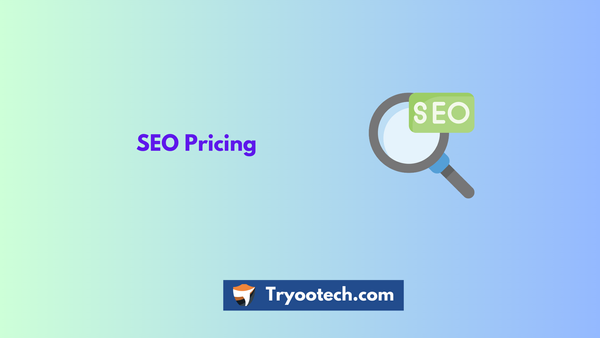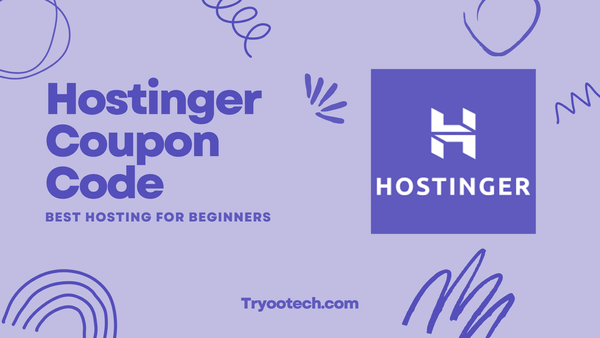How to start selling private label products in 2024 [Super Easily]

The sale of goods under a private label can be a profitable business for anyone who wants to create their own brand and stand out in the market. This includes online entrepreneurs, small business owners, and even large corporations.
An important element of business success is understanding the target market and properly developing a product that meets its needs. Therefore, it is initially necessary to find a reliable contract manufacturer with experience in handling similar orders.
What is a private label?
Products under a private label are goods created by one company but sold under the customer’s brand. The manufacturing is done by a contract manufacturer who owns the production facilities and sells the same product to different companies.
In the case of private label manufacturing, the manufacturer collaborates with the customer to develop the formulation of the product individually. As a result, a unique product is brought to the market.
An important element of a private label is its own branding. Private labeling is an excellent way for companies to differentiate their products from competitors and offer something unique to consumers.
It is the customer who dictates the design and logo of the label, having already created their own brand. They can do this themselves or consult with the contract manufacturer regarding the design.

Image Source: Business Today
Private labels are sometimes confused with white labels, thinking that they are the same. When using a private label, the retailer dictates the specifics of the product, whereas with white label, the manufacturer determines the specifics of the product.
Another difference between these concepts is that products under a private label are sold only to one retailer, while products under a white label can be sold to any retailer who then customizes the product according to their specifications.
How a private label works
Just 5 steps separate you from starting your private label business:
Step 1: Market research. Before you start selling products, you need to identify your target audience. This will help you determine their expectations and preferences.
Step 2: Product prototype development. If you already have ideas for a product, consider adapting them to the needs of the target market. It should be something unique, not just another variation of an existing product.
Step 3: Branding creation. This includes everything from logo design to website and packaging design. All these elements should complement each other to create an overall attractive brand image. The design can be developed in collaboration with a contract manufacturer.
Step 4: Finding manufacturers. Depending on the complexity of your offering, the scale of the manufacturer needed for successful implementation is determined. Before relying on contract manufacturing, make sure their capacities meet the standards to avoid any issues in the result.
Step 5: Formulating a marketing strategy. Its ultimate goal should be to generate interest in purchasing your new private label product. This includes launching a website with detailed product information, advertising campaigns on various sources, and email marketing.
Benefits of selling products under a private label
- Production control is the main advantage of private label supplement manufacturing. After all, you can independently choose the type of products you want to sell.
- Price control. Depending on the season, location, and other indicators, you can adjust the price, thereby attracting more customers.
- Adaptability. Manufacturing under a private label gives you greater flexibility in terms of changing product characteristics and packaging design to meet customer needs.
- Marketing and branding control. You can create advertising campaigns around your products that are tailored to consumer needs. This helps build loyalty and allows for informing customers about new products and promotions.
Disadvantages of a private label
- Dependency on the manufacturer. Especially when you need to launch early, but the manufacturer is still in the process of production.
- Gaining customer loyalty is challenging. To achieve it, it is necessary to approach the issue of quality standards seriously, monitor the market and set competitive prices, and analyze the results of your work to avoid appearing generic.
- Negative consumer perception. Sometimes, regardless of your efforts, consumers may have a negative impression of your brand. Therefore, it would be appropriate to implement certain marketing processes to change their opinion.
Conclusion
The sale of products under a private label can provide an excellent opportunity to increase profits and grow your brand if done correctly. Weighing the advantages and disadvantages described above, companies will be able to determine if launching their own private label is suitable for further development.
It is important not only to have great ideas, but also to know which contract manufacturer is best to implement them in combination with marketing campaigns, regardless of the gender of the business activity.





